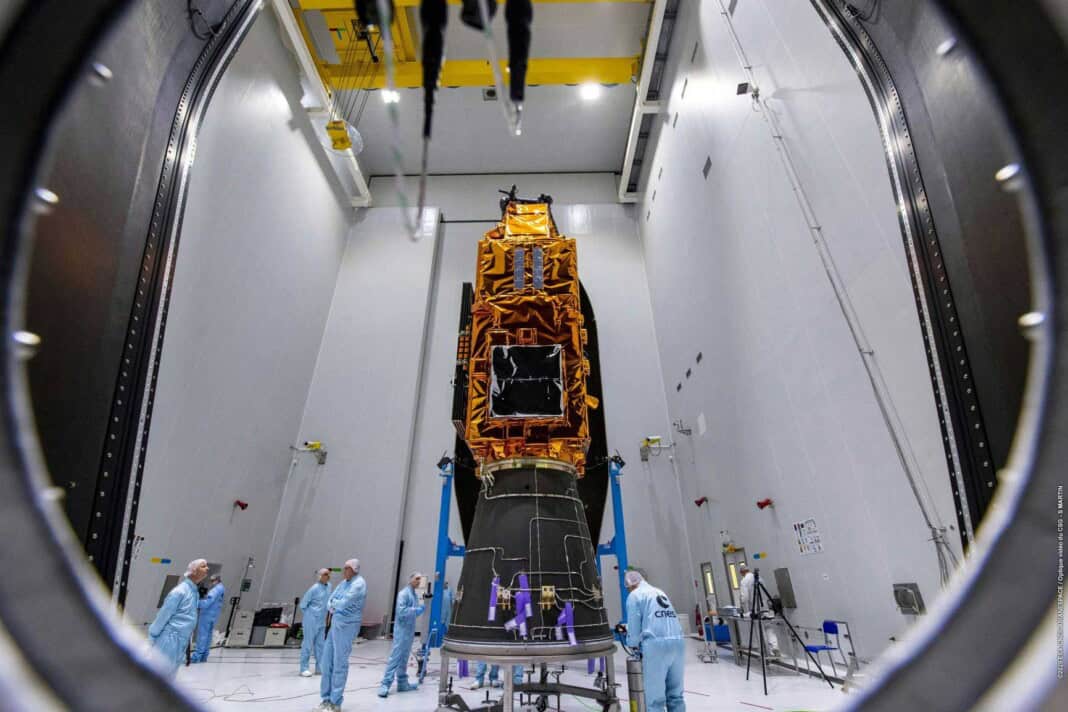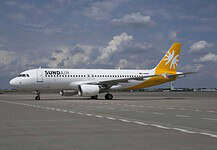This site is also available on:
Deutsch
Airbus announced the successful launch of its Biomass forest monitoring satellite. This European Space Agency (ESA) mission will use an innovative P-band radar instrument to measure forest biomass to better understand the carbon cycle and support climate research.
Goal of the Biomass Mission
The Biomass mission aims to provide scientists with improved insights into global carbon stocks and fluxes through precise measurements of forest biomass. Launched on a Vega-C rocket from the European spaceport in Kourou, French Guiana, the satellite will monitor the Earth’s forests from an altitude of 666 kilometers over the next five years. Alain Fauré of Airbus Defence and Space emphasizes that the satellite will open a new dimension in climate research by providing unprecedented data on the state of forests.
Technology and skills
Biomass is equipped with the first space-based P-band radar, capable of scanning through the forest canopy to the ground, creating highly accurate maps of tropical, temperate, and boreal forests. This technology will enable a better understanding of the role of forests in climate regulation. In addition to forest research, Biomass will also measure paleoaquifers in desert regions, identify potential new water sources, and contribute to the study of ice sheet dynamics and subsurface geology.
Development and international cooperation
The Biomass satellite is the result of a collaborative effort involving over 50 companies from 20 countries involved in its development and testing. Airbus led the development, construction, and testing of the satellite at various locations, including Stevenage, Friedrichshafen, and Toulouse. The safe installation and calibration of the ground calibration transponder in New Norcia, Australia, was particularly important to ensure the accuracy of the data collected by the satellite.
Supporting global climate initiatives
Data from the Biomass satellite will also support REDD+, a UN climate initiative to reduce emissions caused by deforestation. By systematically monitoring threatened forest areas without direct ground intervention, the initiative is expected to operate more efficiently. These efforts contribute to global climate awareness and support sustainability, particularly in areas threatened by deforestation.
Airbus, a leader in the global aerospace industry, is committed to innovation with its cutting-edge technologies. With offices worldwide, Airbus is committed to sustainable solutions in mobility and space technology and is working to shape the future of global carbon management.





















